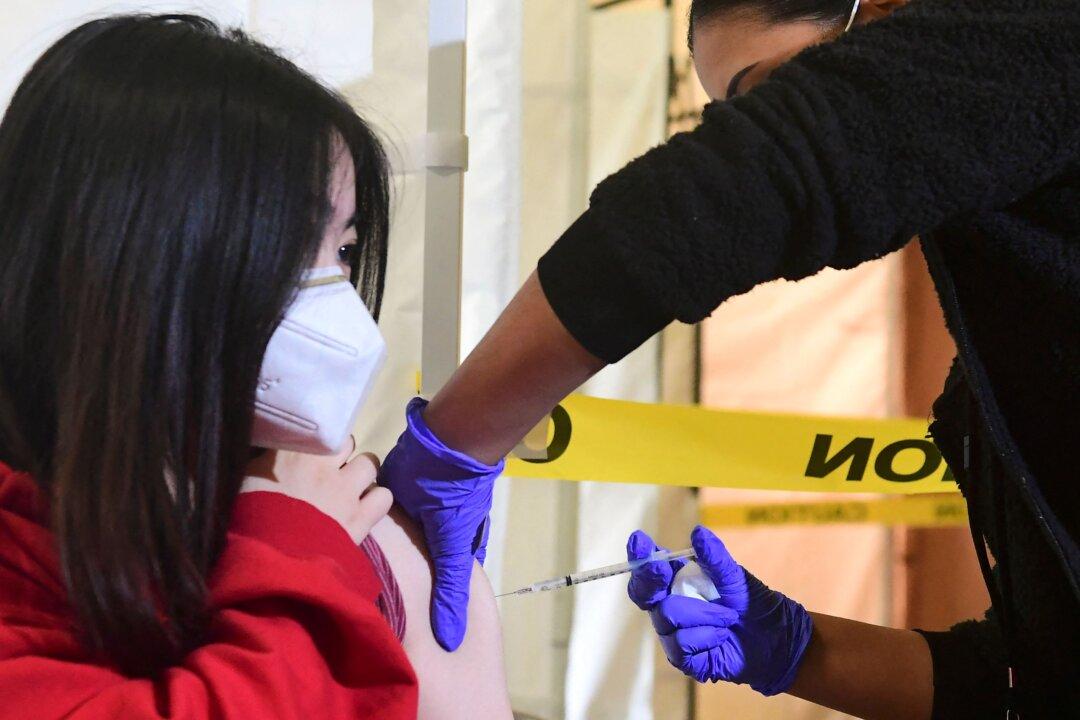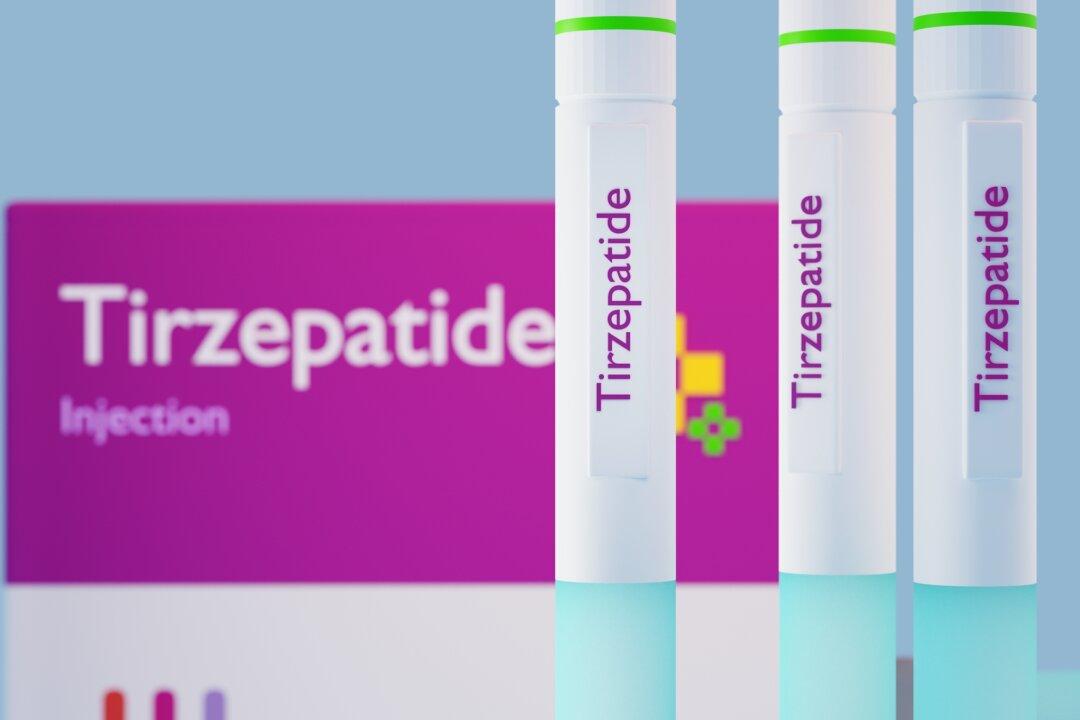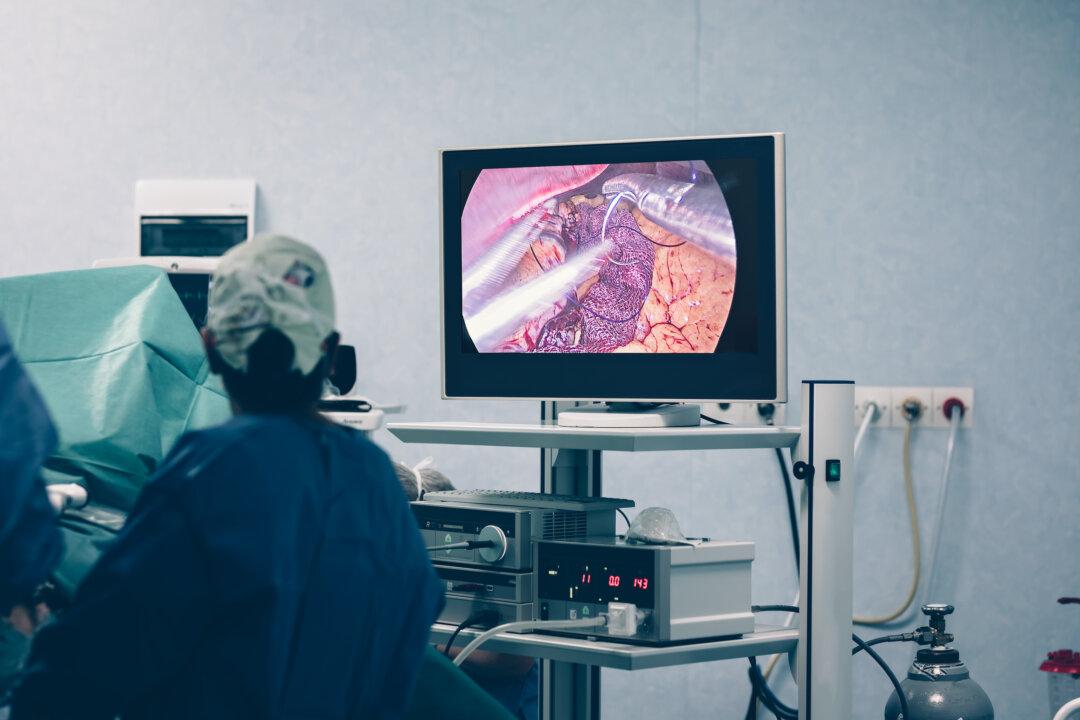Children now account for 22 percent of new COVID-19 weekly cases in the United States, according to the latest data report on child cases of the CCP (China Communist Party) virus.
The American Academy of Pediatrics and the Children’s Hospital Association updated their joint report on Monday. There were 71,649 new child COVID-19 cases out of a total of 319,601 cases in the week of April 22-29. That means child cases represented 22.4 percent of the new weekly cases.





